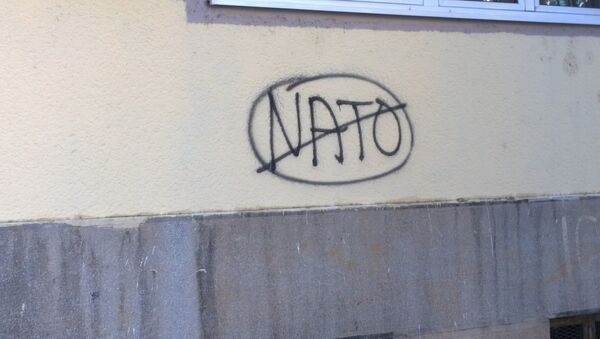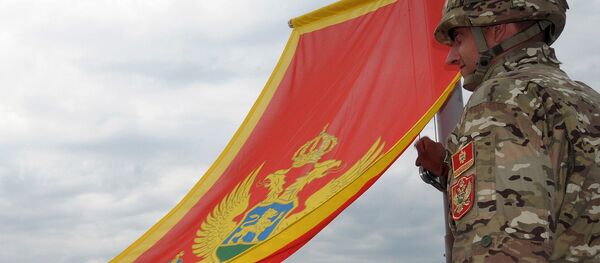"The fact that the Montenegrin leadership is trying to avoid the referendum shows, in principle, their uncertainty of its results. Curent social opinion polls register a 50-50 split…and, in my opinion, this should prevent a hasty decision on the issue," the Russian Foreign Ministry's Fourth European Department Director Alexander Botsan-Kharchenko said.
"We are always far from attempting to impose our views, but holding the [NATO membership] referendum in Montenegro is a logical step in this situation. Public opinion must be respected," the diplomat stressed.
NATO accession is a controversial topic in Montenegro, where thousands have joined public protests against the accession. Tens of thousands of Montenegrins signed a petition calling for a referendum on the issue following NATO's invitation in December 2015.
NATO is unpopular in Montenegro and neighboring Serbia because of the NATO bombing of Yugoslavia in 1999 and its support for Kosovo's self-declared independence from Serbia.



